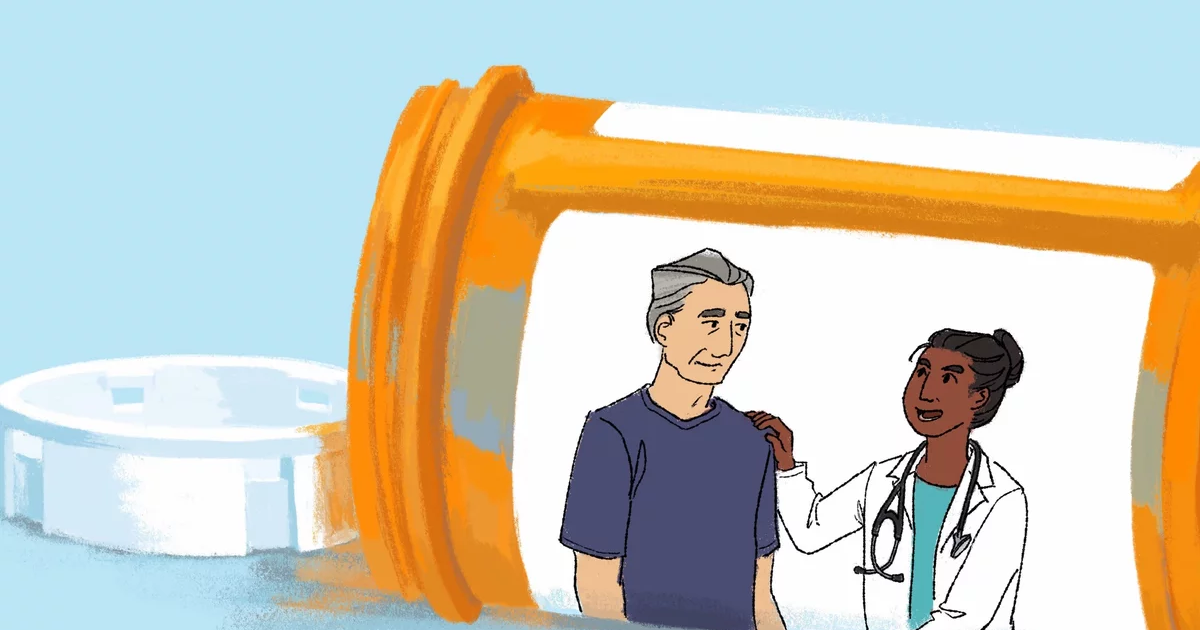Direct patient care clinics bypass insurance system – St. Louis Public Radio

Dr. Lauren Mitchell thinks she’s found the next wave of health care. It’s called direct primary care, and insurance co-payments aren’t necessary.
Patients at Mitchell’s clinic in Cottleville, Missouri, pay an initial enrollment fee, plus a monthly membership fee ranging from $15 to $85, depending on their age. The fee allows for unlimited visits, with no extra charge. She promises to be more affordable and accessible than other doctor’s offices owned by hospital systems.
And she’s not alone. Over 1,500 direct primary care clinics exist in the U.S., including dozens in Missouri. Doctors say insurance companies often present barriers to care for patients by adding laborious paperwork and phone calls to justify treatments.
“Most doctors actually don’t have a lot of control over how much time they get with their patients and how many they’re in charge of seeing and managing,” Mitchell said on Tuesday’s St. Louis on the Air.
The family medicine physician opened Honest Family Medicine on Jan. 3. She said she wants to be able to provide more personalized care for people whose jobs don’t offer health insurance, or people who want better access to their doctors.
“In many cases, we’re willing to work around their schedule,” Mitchell said. “If you need a phone call visit because you worked at the bar until 2 a.m., well, we’ll make it happen.”
Direct primary care clinics bypass insurance system
Mitchell and other direct care practitioners note that a membership-fee model isn’t novel. It’s similar to the way doctor’s offices functioned before health insurance became so essential.
Even so, direct care physicians recommend their patients get high-deductible catastrophic insurance. And while many direct primary care clinics can accept Medicare patients, those patients would still need to pay membership fees and cover their own treatment.
Dr. Jennifer Allen serves around 1,000 patients at her clinic New Freedom Family Medicine. She opened in Hermann, Missouri, in 2017 and since has expanded to Washington. She’s preparing to open her third clinic soon in O’Fallon, Missouri.
Direct primary care physicians can be better advocates for their patients because they’re not being directly paid by insurance companies, Allen said on Tuesday’s St. Louis on the Air. They’re still affiliated with hospital systems and can refer patients to specialists.
“When your practice is owned by a third party, then they control how you take care of people and how many people you have to see,” Allen said. “In direct primary care, what we found is, by taking the insurance out of the equation, we’re able to provide the care that our patients need on their terms.”
Allen serves as an advisory board member for the Direct Primary Care Alliance, a resource for doctors interested in opening their own clinics. In the past five years, she’s seen the number of direct primary care physicians jump from 400 to nearly 3,000.
She said she often can get prescriptions and lab fees much cheaper for her patients than providers who are handcuffed by insurance.
“Something has to change,” Allen said. “We can’t continue to allow health care costs to spiral out of control and ignore huge populations of people who aren’t getting care.”
“St. Louis on the Air” brings you the stories of St. Louis and the people who live, work and create in our region. The show is hosted by Sarah Fenske and produced by Alex Heuer, Emily Woodbury, Evie Hemphill and Kayla Drake. Jane Mather-Glass is our production assistant. The audio engineer is Aaron Doerr.



